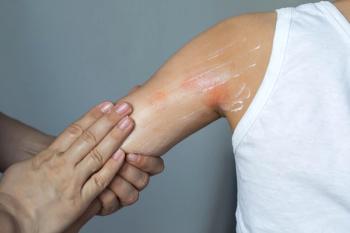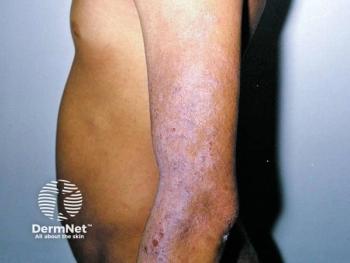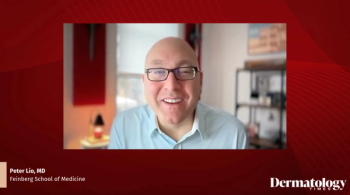
Advancing science, research
She says there will be several issues on the front burner, including the iPLEDGE program and dwindling Medicare reimbursement.
She will be installed at the Academy's Winter Meeting in Washington, D.C.
This latest political post is perhaps the most visible in her 30-year dermatology career, but it is only one of more than 60 political appointments and memberships. Dr. Baker was chairwoman of the Women's Dermatological Society in 1997, vice president of the American Dermatological Association in 2001 and president of the American Board of Dermatology in 2003.
Dr. Baker, a clinical professor of dermatology at Oregon Health and Sciences University, Portland, says politics is in her blood. She started locally and became involved at the state level, elected in 1979 as advisory council representative for the Oregon Dermatology Society. She presided over that organization in 1993.
Today, Dr. Baker's vision is to see the AAD advance in the directions of science and research.
"The Academy is the premier educational organization of dermatology in the U.S.," she tells Dermatology Times. "It has done a fantastic job providing continuing medical education for dermatologists. We also do a very good job in advocating for dermatologists at the state and national levels. We have been less involved in the science and research aspects of dermatology. Not that the Academy should be involved in basic science research, but there are ways that the academy could support that part of our specialty and support innovations in patient care."
New department launched
Dr. Baker says that the AAD's newly launched Science and Research Department is a step in that direction. While Dr. Baker and colleagues at the AAD have yet to determine just how the Academy will be involved in science and research, Dr. Baker says that one option is to establish a clearinghouse of patient registries for rare dermatologic diseases.
"One of the things that hinders research in rare diseases is the fact that one center might not have enough cases of any particular rare disease to do an in-depth study," she says. "Having a registry of patients with rare diseases that can be accessed by investigators is one example of how a large organization such as the AAD might provide an amazing service that would not otherwise be available."
Also on her agenda: to see the Academy increase its activity in the global arena. Dr. Baker has been a member for two years of the AAD's Skin Care in Developing Countries Committee and says the committee, which thus far has established or supported educational programs to train nondermatologists to treat skin disease in Haiti and Mexico, is expanding into other projects, including one focused on teledermatology for developing countries.
"We also will continue and expand on the work the AAD has done to partner with organizations abroad, such as the European dermatology community," Dr. Baker says. "As our world gets smaller, it would seem logical that we should share information with other countries and learn from each other."
Newsletter
Like what you’re reading? Subscribe to Dermatology Times for weekly updates on therapies, innovations, and real-world practice tips.












